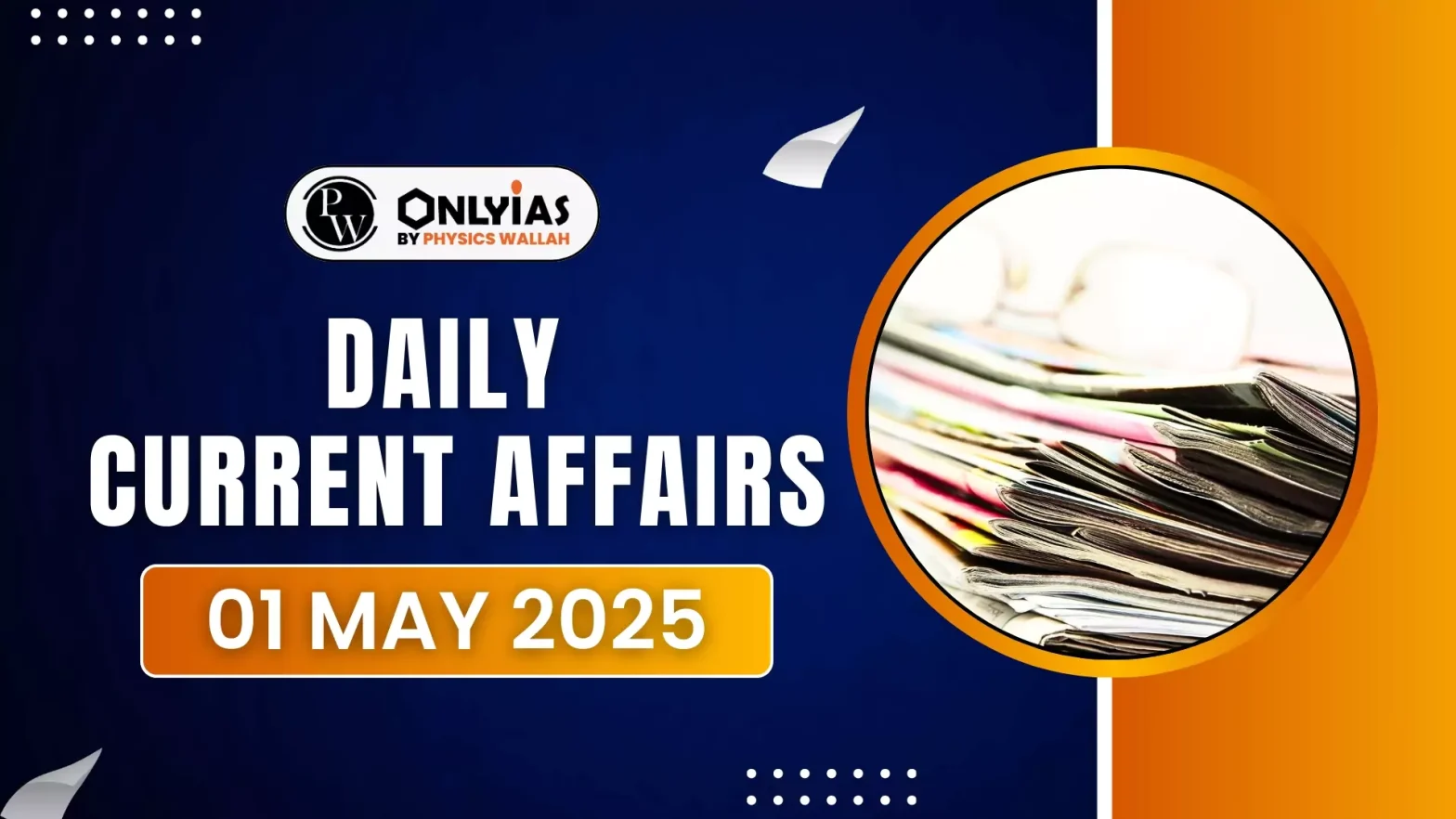![]() 1 May 2025
1 May 2025
English
हिन्दी

The Supreme Court in Amar Jain v. Union of India (2025) held that inclusive digital access is part of the fundamental right to life and liberty under Article 21.
Other Decisions on Internet and Digital Rights
|
|---|
<div class="new-fform">
</div>